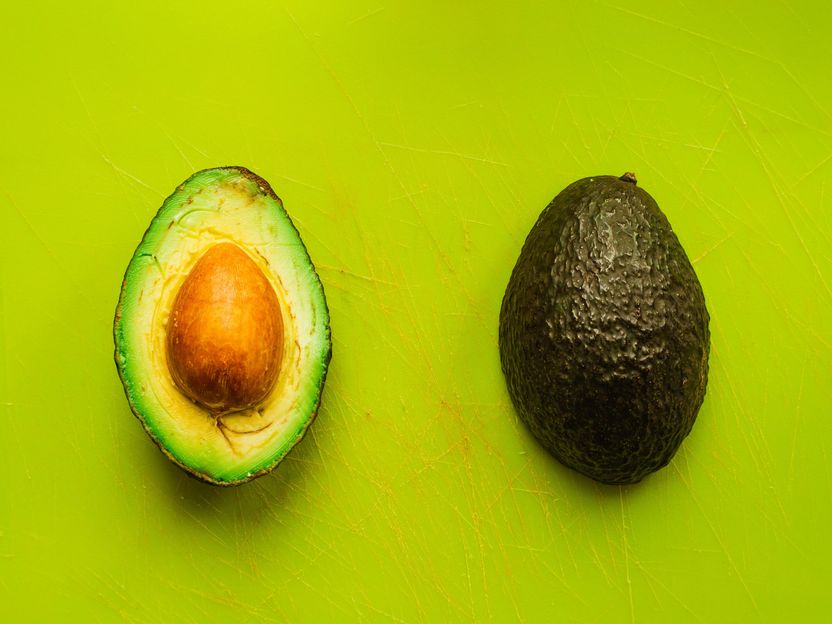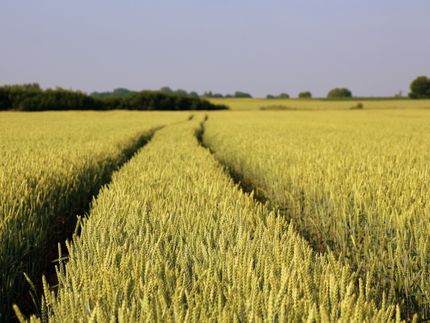Bitter fight for green gold
Avocado Mafia plunders plantations empty
In South Africa, organized crime has discovered a new, lucrative business field: the trade in "green gold". Since avocados have become increasingly popular in Europe, a battle has broken out over them. "My biggest fear is that the situation will tip: that there will be deaths," says Zander Ernst. The South African farmer trudges with his sleeves rolled up through seemingly endless rows of avocado trees with lush, ripe fruit. Here in Tzaneen's hilly landscape, the "green gold", as it is also called, thrives for export to Germany as well.

Photo by Louis Hansel on Unsplash
Allesbeste is the name of Zander Ernst's family business. It operates one of the largest avocado farms in South Africa and also supplies the German discounter Lidl. The location of the farm is almost idyllic - if it weren't for the meter-high electric fences and barbed wire that protect the plantation. Private security services patrol the area at night, because organized crime has long since discovered avocados in South Africa. "These are already cartel-like structures. If we don't protect ourselves, these gangs will steal our entire avocado harvest in a single night," says Ernst.
South Africa is one of the top ten avocado exporters in the world. "This year we expect to export 66,000 tons," says Derek Donkin, head of the Subtropical Farmers Association in South Africa, stressing, "Germany is one of our biggest markets." Donkin is unable to put a figure on how much the industry has already lost to the theft this year. "But clearly the losses are high," he says. An association study already put the loss at 1.6 million euros in 2018 for the Tzaneen region alone.
Farmer Ernst's experience suggests that the gangs have apparently become increasingly organised over the past three years. A few months ago, ten hectares of avocado trees were plundered empty on the neighbouring farm. "That's equivalent to 150 tons," Ernst calculates. In Europe, it fetches eight to twelve euros per kilo.
The thieves usually come in the early morning, dig tunnels under electric fences or wade through rivers on the border of the plantation. The danger of being attacked by crocodiles or hippos does not scare them. They hastily tear the valuable fruits from the trees, stuff them into sacks that are hidden somewhere in the bushes outside the farm. Everything is organized down to the last detail. Another troop picks up the stolen avocados and takes them to the nearest main road, where again someone loads them up.
Unlike with stolen macadamia nuts, for example, avocado gangs have not yet discovered the export trade. In often changing locations, the fruit is packed into industry-standard crates or nets and ends up in local supermarkets or street stalls. It's a lucrative business.
Allesbeste manager Patrick Kjashuane is on duty around the clock to keep losses down. When security calls him at night to report activity on the pitch-black plantation, he races off down the bumpy sandy roads. Occasionally, he then turns in a thief or two. "They are fast and good at hiding in the dense avocado trees; it's like literally looking for a needle in a haystack," Kjashuane says.
In one case, he was able to catch two men and take them to the police station. Four times in the weeks that followed, he went to the station to find out when the thieves would appear in court.
Each time he was turned away - until a police officer told him the men had paid an administrative fine and were at large again. "I think corruption plays a big role," Kjashuane suspects.
So all that's left is self-protection. Allesbeste now invests up to 100,000 euros a year in security measures around the avocado plantations. In recent months, the situation has become more acute. Some plantation owners now even use sniffer dogs and armed security guards. Unlike other plantations in Tzaneen, however, the security personnel at Allesbeste are not armed. "I am afraid that this will build up, that the gangs will also come to our farm armed. I'm not going to defend my crops with guns," says Zander Ernst. No one will die for avocados, he said./nmd/DP/eas (dpa)
Note: This article has been translated using a computer system without human intervention. LUMITOS offers these automatic translations to present a wider range of current news. Since this article has been translated with automatic translation, it is possible that it contains errors in vocabulary, syntax or grammar. The original article in German can be found here.





























































